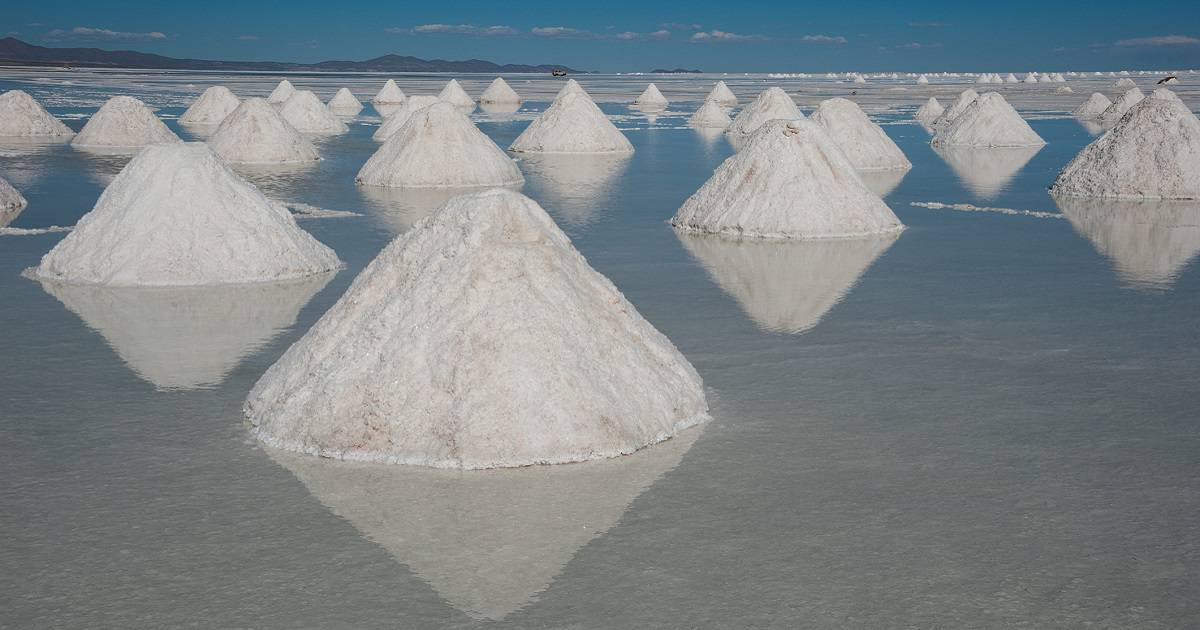A common joke among the credentialed is that the golden rule can be stated as “They, who have the gold, make the rules.”
A newer, more contemporary, version of the rule might be “They, who have the lithium, make the rules.”
Is China weaponizing Critical Minerals?
We are told repeatedly by American bureaucrats, academics, and elected policymakers that China is weaponizing critical minerals, such as lithium, in order to exert control over the “rules-based order” dominated by the United States that has shaped the world since the end of World War II.
The use of military analogies by developed world policymakers and industrialists and their captive media does not disguise their abject failure to realize that victimhood is not its own reward. In fact, to emphasize victimhood is to admit failure.
Developing nations paying the bill for the West’s assault on cheap energy
The apparent plan has been that the developing world, aka “the third world” should suicidally pay the bill in low-cost critical minerals for the West’s current assault on cheap energy – the only hope that developing nations have for growth in their standards of living. This is necessary say the comfortable upper classes of the developed world to avoid a climate catastrophe that will victimize all.
Mining finance has been more and more directed towards tilting at the windmill of “climate change,” but is now facing the hard reality of the non-existent understanding of the consequences of their acts by the so-called Western elites.
Nationalizing the Critical Mineral industries
There is a growing national awareness, and resentment, in many developing countries of the importance of certain “critical” commodities and how developed nations (the West) are dependent on them.
However, the group-think, climate-change fighting, developed nations and the self-centered, not-so-bright, policymakers of the West have failed to understand this reality.
But it seems that the policymakers of the primary national owners of those commodities have noticed it. The national owners of the critical minerals are finally rejecting the resource imperialism of the now-closing Eurocentric era and asserting their rights to domestic self-sufficiency.
First Mexico and now Chile, just this year, are nationalizing their lithium industries. Both nations are requiring that lithium produced domestically be processed domestically to add value and create wealth for their people.
This is not the weaponization of a commodity but the realization of its value in the place where it is produced.
Indonesia has done the same with its nickel, Peru (and Chile) are looking at nationalizing copper, and African nations who have restricted the activities and even thrown out Europeans are now pressuring the Chinese who replaced them to either add value to their mineral production locally or be nationalized and ejected.
Critical Minerals prices should increase
The fact that the world is heading into a global recession will temporarily derail the critical commodity price increase that will normally be capitalized through resource nationalization, but those prices will come roaring back when the recession ends and the ease of access to “third-world” natural resources has vanished forever.
Internal demand within critical minerals’ producing countries will also bolster prices.
China’s approach to Chile
While Americans concern themselves with the proper choice of pronouns, the Chinese have already approached Chile offering to add value within the Chilean domestic economy by setting up the processing of Chilean lithium into battery cathode material within Chile.
I have no doubt that the Chinese will ultimately offer to do the same for batteries and even vehicles within Chile and be paid by being allowed to export part of that finished production to other countries.
You need to understand the problem
You cannot solve a problem that you do not understand. The lack of technological and commercial issues awareness by the self-styled Western techno-journalists is appalling but understandable.
These writers clearly lack both a general scientific education, such as American high schools gave after World War II, and they do not have the necessary basic education, or, perhaps, intellectual ability, to choose who to ask for the relevant explanations. The American academic community is today so specialized, and ideologically damaged, that it is unable to separate the forest from the individual trees.
A perspective informed by knowledge of data, a general understanding of the laws of nature, and the ability to reason logically has vanished from the policy sphere in the West.




Leave a Reply